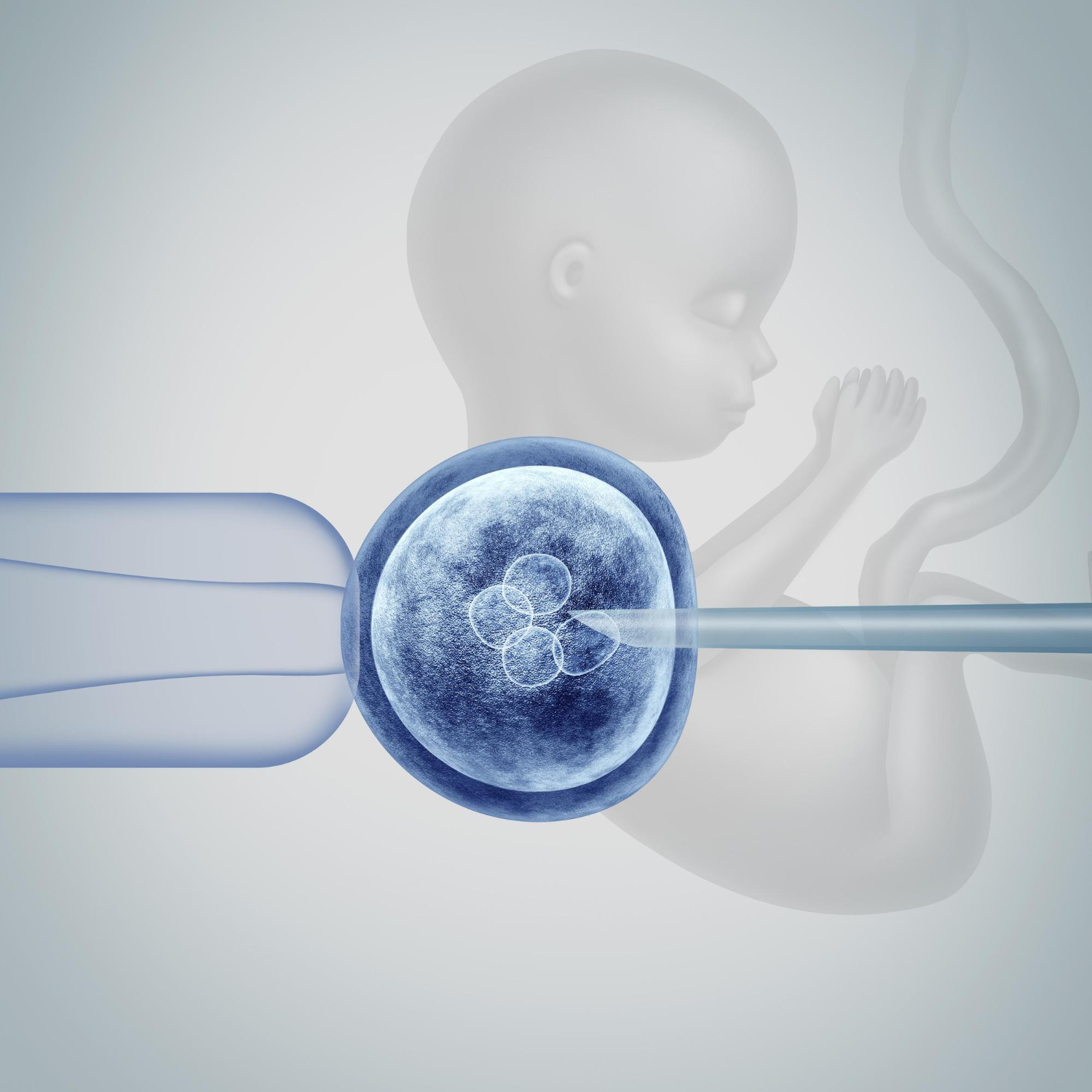
Becoming an Egg Donor
What is an Egg Donor?
Egg donation, also known as oocyte donation, makes pregnancy possible for women who cannot achieve conception using their eggs. It can also help same-sex couples and men who want to become parents. Reputable fertility clinics conduct extensive medical screening before accepting an applicant for the egg donor program. This includes physical and gynecological exams, blood and urine tests, genetic testing, and a psychological evaluation. Typically, donors are between 21 and 35 years of age. This age range is selected because older women respond less well to fertility drugs and may have fewer quality eggs. During the egg donation cycle, donors will take a series of fertility medications that stimulate the ovaries to produce multiple eggs at once. The hormones can cause mild side effects like bloating, abdominal pain and swelling, breast tenderness, and mood swings. They can also lead to a severe condition called ovarian hyperstimulation syndrome, which requires hospitalization. Egg donors are paid a fixed fee for their participation in the egg donation process. This amount is carefully spelled out in the contract between the donor and the intended couple.
How do I become an Egg Donor?
Women considering becoming an egg donor are performing an incredible act of generosity, allowing couples to realize their dream of starting or growing their family. In exchange for their time and discomfort, egg donors are compensated with a generous financial compensation. Most fertility programs will screen donors for psychological and physical health. They will want to discuss the motivations behind your desire to donate, as well as the ethical and emotional issues involved. This is important for both you and the couple seeking your eggs.
In addition to blood tests and ultrasound examinations, egg donors will take daily hormonal medications that stimulate the ovaries to grow and mature one or more egg follicles. This medication cycle lasts about 10 to 12 days. Egg donation is not a suitable choice for all potential donors and some programs will refuse to accept a woman who has certain medical problems, such as genital warts or condyloma. Also, a woman will not be able to donate eggs if she is pregnant or breastfeeding.
How do I know if I’m a good Egg Donor?
Being an egg donor isn’t just about blood work, but a whole host of medical and psychological testing. The ideal egg donor has a generous spirit and selfless personality that enables her to take joy in helping others build their family. In addition to being in good physical shape, egg donors are required to have a Body Mass Index (BMI) under 30 and regular menstrual cycles. They must also be free of sexually transmitted diseases. They are compensated for their time and effort, and their Egg Donor Profile is made available to individuals and couples who are looking to create their own families using their eggs. A critical component of the screening process involves psychological and emotional testing to make sure you understand the complex requirements of egg donation and can fulfill your commitment without any regrets. This is especially important because the medications involved with this process are stimulating and often trigger side effects.
How do I know if I’m a good match for a Recipient?
Before donating eggs, you must undergo medical testing, screening, and interviews. This includes a physical and gynecological exam, blood and urine tests, and a psychological evaluation. Once you are accepted and matched with a couple seeking donor eggs, the treatment cycle will begin. During the donation cycle, you will take hormone-based injectable medications to stimulate your ovaries into producing multiple eggs. You will have frequent office visits for blood tests and vaginal ultrasound examinations to monitor your response to the medication. After 10 to 14 days, you will undergo a surgical procedure to retrieve the eggs. You must be willing to waive all parental rights forever for any children that may result from your egg donation. If you are uncomfortable with this, you should not proceed with egg donation. Egg donors should also consider medical insurance to cover any appointments and treatments before, during, and for three months after the donation cycle.
